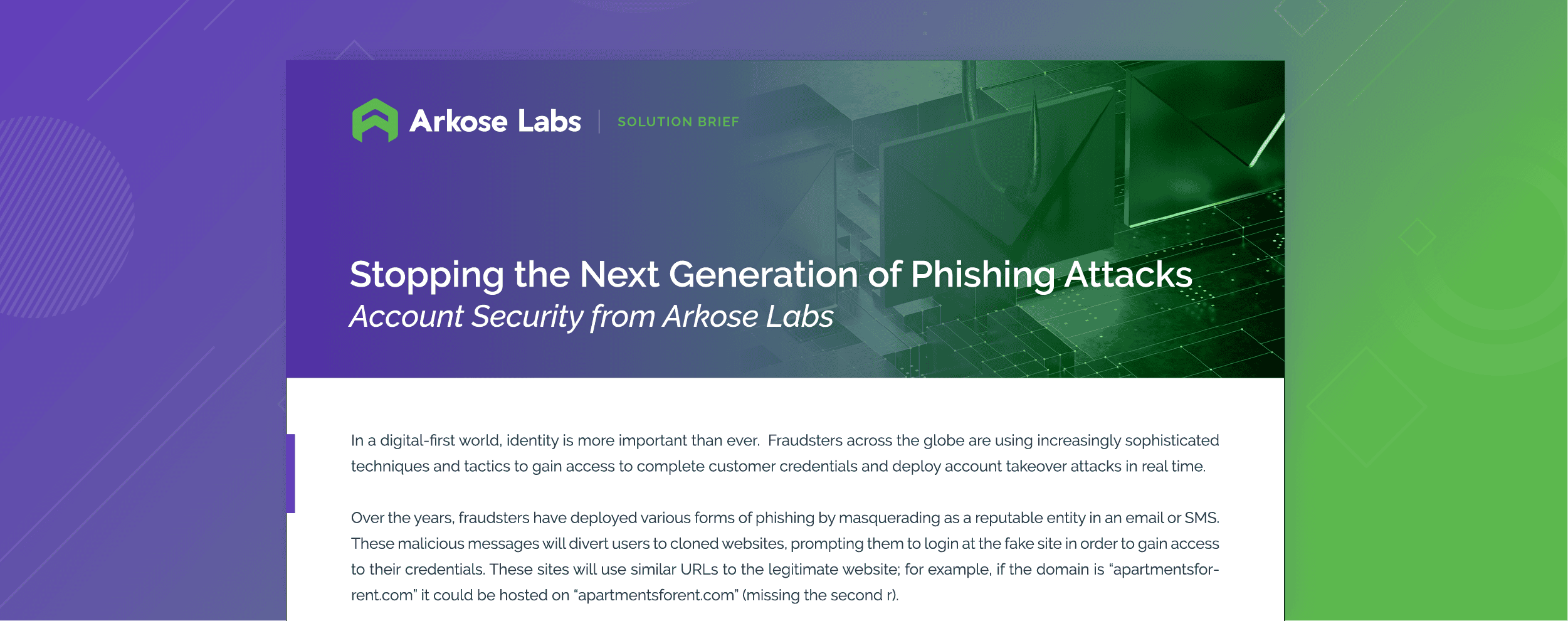Phishing scams pose a significant and ever-increasing threat to businesses. Why? Because criminals are using more advanced techniques that can cause significant damage to companies, customers, and profits. This is why smart businesses are now realizing they can no longer afford to ignore the ongoing, evolving threat of phishing. Many are now investing in effective tools and information to detect and prevent phishing attacks, providing better security for themselves and their customers, while also delivering cost savings over time.
Already know the basics? Check out:
What is phishing?
Phishing is a type of cyberattack where criminals use fraudulent emails, websites, or text messages to deceive users into providing sensitive information such as passwords, credit card details, or other personal information. The goal of these attacks is to steal money, data, or identities. Phishing scams often look like legitimate emails, text messages, or websites, making them difficult to spot.
Examples of phishing attacks
In recent years, we have seen a rise in phishing scams that use social engineering tactics, such as impersonating legitimate companies or creating fake websites and emails that look authentic. For example, in 2020, there was a surge in phishing attacks related to the COVID-19 pandemic, with criminals sending emails and text messages offering fake cures or requesting donations to fake charities.
In 2021 alone, there were several high-profile phishing attacks that targeted businesses, such as the SolarWinds attack that affected multiple government agencies and companies. These attacks demonstrate the serious and far-reaching consequences of phishing scams, highlighting the need for effective prevention and detection measures.
Signs of a phishing attack
Phishing attacks are becoming more and more sophisticated, making it harder for businesses to spot them. Nonetheless, there are a few red flags that businesses can watch out for to recognize a phishing attack.
Strange emails
One of the most prevalent warning signs is a suspicious or unfamiliar email address. Phishing emails frequently impersonate legitimate emails from reputable companies. But, upon further examination, the email address used may be slightly altered from the company's official email address. It's crucial for businesses to examine the sender's email address closely and search for any spelling errors or irregularities.
Urgent messages
Another giveaway of a phishing attack is when there is a sense of urgency or pressure to act quickly. Phishing emails usually contain language that creates a sense of urgency, such as threats of account deactivation or warnings of a security breach. Businesses must be cautious of any email that urges them to take immediate action, particularly if it requires them to disclose sensitive information such as login credentials or financial details. It's critical to verify the legitimacy of such emails by contacting the company directly using a verified phone number or email address.
Questionable spelling and appearance
Phishing emails may include grammatical errors, logos or fonts that don't match, or links to questionable websites. It's essential for businesses to educate their staff on these red flags and to have a clear protocol in place for responding to suspected phishing attacks. By being vigilant and adopting a proactive mindset, businesses can reduce the likelihood of falling prey to phishing attacks and safeguard their valuable assets and data.
How to protect against phishing
To safeguard businesses from online phishing attacks, a comprehensive approach is essential. Firstly, it's crucial for businesses to ensure that their employees receive proper training to recognize and avoid phishing emails. Employees should be taught to remain vigilant for any suspicious requests for personal information and to refrain from clicking on links or attachments without first verifying the email's source. Furthermore, businesses should think about implementing spam filters that can identify and block suspicious emails.
Businesses must ensure that their networks are secured adequately with firewalls and other security measures. Firewalls are effective in preventing malicious traffic from entering the network and can block suspicious websites. Moreover, using anti-phishing software that can detect and prevent phishing emails from reaching their employees is also crucial. It's essential for companies to regularly update their software and systems to safeguard against the latest security threats and vulnerabilities.
Detect and prevent phishing with Arkose Labs
Arkose Labs provides two-factor authentication that utilizes sophisticated risk analysis algorithms to detect and prevent phishing attacks. Our platform provides an additional layer of security that can be added to a user’s account without disrupting their experience.
When a user attempts to log in, we perform real-time risk analysis to determine if the user is bad or good traffic. If the attack is deemed likely, the user is required to go through an additional verification challenge, Arkose Matchkey, the strongest CAPTCHA in the business. This layer prevents attackers from accessing sensitive information, while still allowing legitimate users to access their accounts with ease.
Reach out anytime to book a demo!


